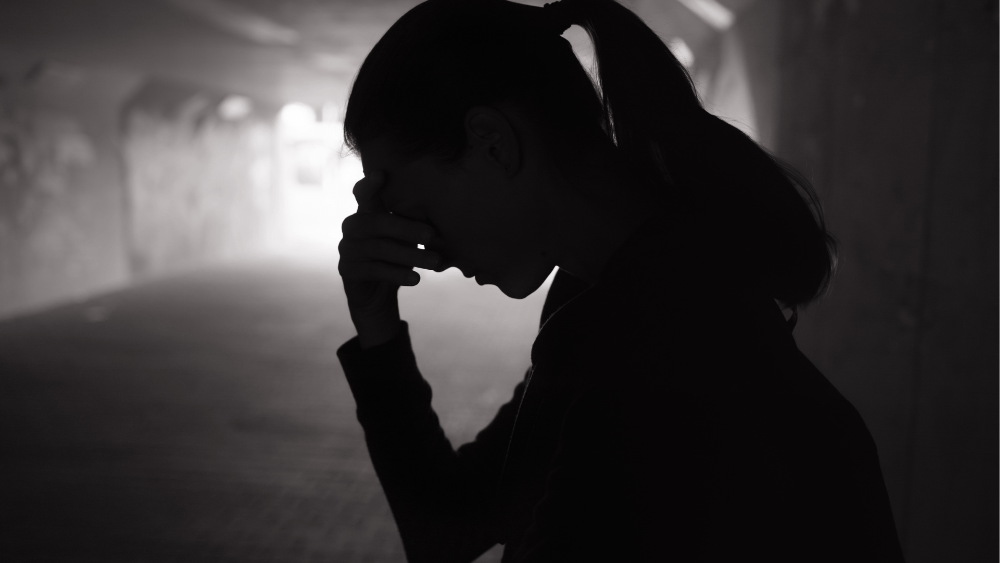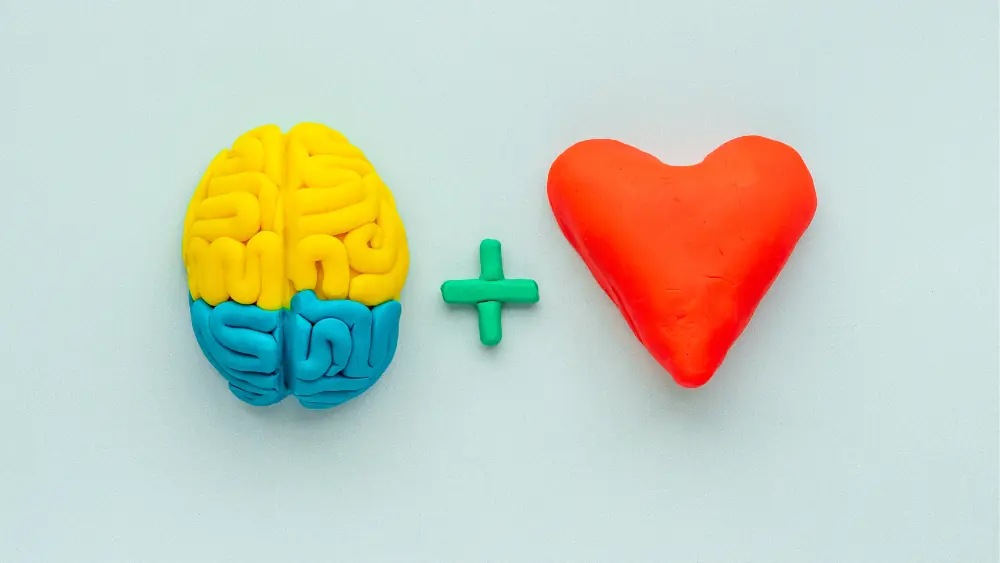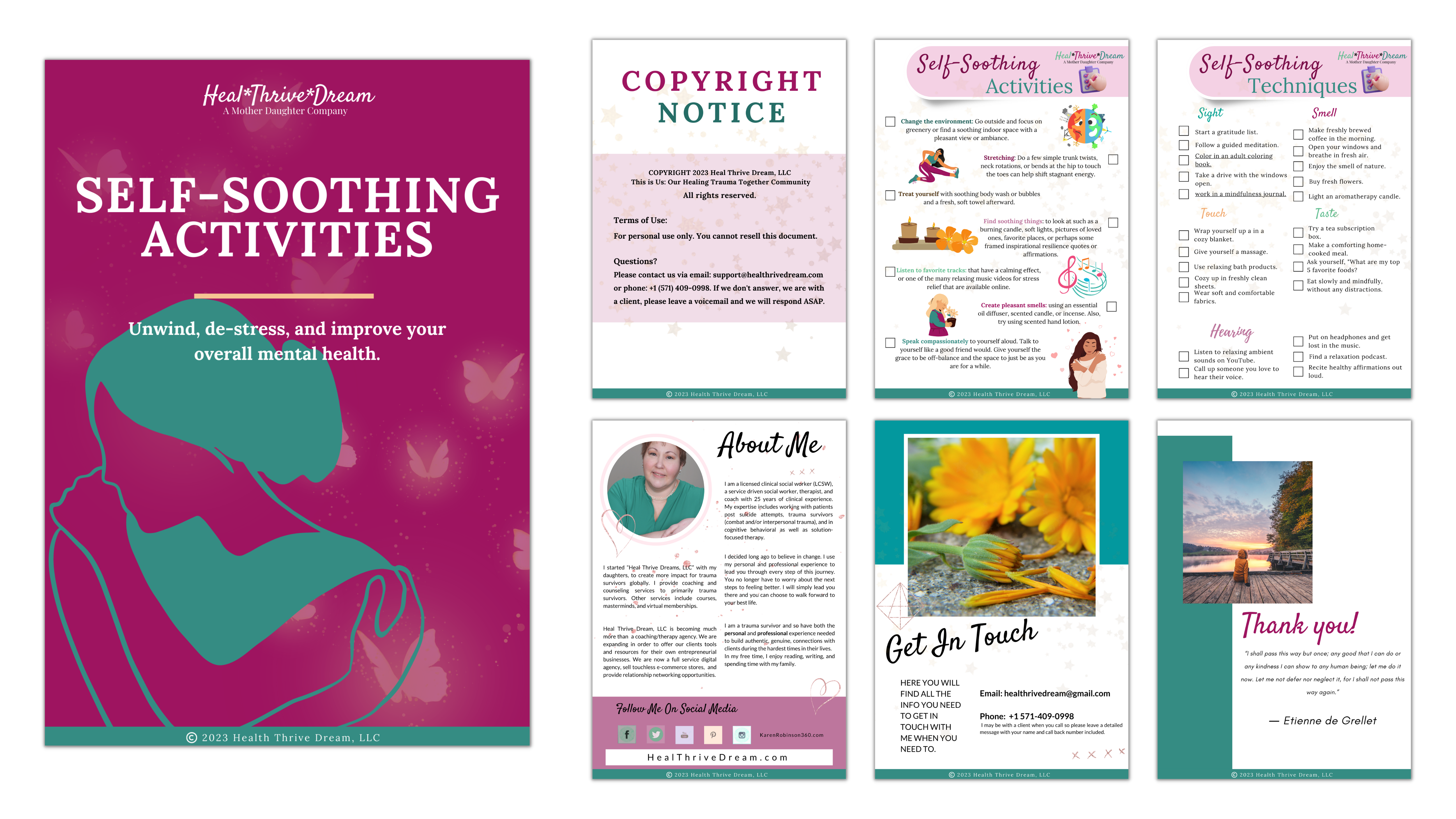Exploring feelings of numbness
Traumatic experiences can have profound effects on your emotional and psychological well-being. Each survivor copes with such trauma in their own unique way, but it is not uncommon for survivors to feel numb or disconnected in the aftermath of an assault or trauma. These feelings of detachment can be confusing and alarming, leaving you to wonder if what you are experiencing is normal. In this article, we will explore the reasons behind these sensations and reassure you that your reactions are valid, offering hope for healing and recovery.

Definition: Numbness and disconnection as a response
Feeling like a robot lately? Let's talk about numbness and disconnection, common responses to life's overwhelming moments. Numbness refers to that strange sensation of emotional detachment, when you find yourself going through the motions without any real feeling or engagement. It's like your heart has temporarily checked out, leaving you in a state of indifference towards everything that you used to enjoy, or things that used to hurt you.
And then there's disconnection – the art of distancing yourself from reality. You know those times when it feels like you're watching your own life unfold from a distance, as if it were happening to someone else? That's what we call disconnection. It’s like putting on an invisibility cloak and observing the world without really being present in it, or watching yourself from the ceiling. Both numbness and disconnection are defense mechanisms your mind may employ when you can no longer handle the intensity of your emotions or experiences. This is also called a normal response to an abnormal situation.
Psychological explanation for feeling numb or disconnected
Numbness and disconnection are intriguing psychological symptoms that can leave you feeling detached from your emotions and disconnected from the world around you. But what lies at the heart of these experiences? Delving into the complexities of human psychology, I hope to shed light on the underlying factors contributing to feelings of numbness and disconnection.
One plausible explanation for numbness is a defense mechanism called emotional numbing. When faced with overwhelming stress or trauma, your mind may instinctively shut down certain emotions as a means of self-preservation. This adaptive mechanism helps you to cope with distressing events by temporarily suppressing emotional responses, allowing you to continue functioning at home or school.

Normalizing the range of emotions experienced
Trauma can leave a lasting impact on your emotional well-being, often resulting in a wide spectrum of intense feelings. It is crucial to understand that this emotional rollercoaster is entirely normal as you navigate you way through the aftermath of traumatic experiences. By acknowledging and normalizing these emotions, you can intentionally or with purpose, move towards your healing path.
After experiencing trauma, you may find yourself grappling with an array of emotions such as fear, anger, guilt, sadness, or numbness. Initially, it might be disconcerting to feel such intense emotions or even experience conflicting ones simultaneously. However, it is essential to remember that every emotion serves a purpose in our healing process. Normalizing these feelings allows you to embrace them without judgment or self-criticism.

Seeking support and healing
When faced with the aftermath of a traumatic event, finding support becomes an essential step towards healing. Whether it's a natural disaster, a personal loss, or surviving abuse, trauma can leave deep emotional wounds that require nurturing care to overcome. Thankfully, there is hope as countless survivors have embarked on their journey towards recovery and found solace in seeking support.
Support comes in many forms—a compassionate friend who lends an empathetic ear, family members who stand by your side through thick and thin, or professional therapists trained in trauma-focused therapies. These pillars of support, not only provide comfort but also guide survivors towards healing. By sharing experiences with others who have been through similar challenges, you can find validation for your emotions and realize they are not alone in you struggles.
Validating and supporting survivors' experiences
In a world where the experiences of survivors are often silenced or dismissed, validation is empowering. Having your pain validated means acknowledging your pain, trauma, and resilience. It is about creating safe spaces where your story can be heard and believed. By offering validation, you not only voice your truth but make a huge step towards healing and growth. You deserve and have the right to have your experiences acknowledged without judgment or doubt.
Receiving support goes beyond validation; it also involves offering and accepting comfort and compassion while healing in community. This requires fostering empathy, understanding that everyone's healing process is unique, and recovery is possible. It means having a compassionate ear when you need to share your burdens or receiving guidance when seeking help or navigating resources.
Consider joining our community, This is Us: Healing From Trauma Together





I appreciate you posting awareness on intense feelings and how valid they are. Most of us have been there and it's comforting to know we are not alone. Thank you for sharing. Sending love and light.
Thank you Jaime! Please consider joining my Facebook Group. We would love to have you!
https://facebook.com/groups/healthrivedream
A year ago, I experienced a traumatic change and loss, and I definitely felt physically disconnected. I remember thinking that the walls seemed impermanent and I felt like I wasn't sure I was there, because I didn't really feel my own presence. That went away eventually, but it was quite disconcerting! I did have support, though, and that helped a lot.
Thank you for sharing your experience. I’m happy to hear um that you recovered. Support indeed is very important.
This was my granddaughter after parental abuse! One problem she had was thinking it was her fault and it took years of therapy for her to realize it wasn't. The trauma will never go away and she will never be able to get over it but at least now she's coping and able to smile and turn her life around to a happy situation.
Thank you, Martha for sharing and I'm sure you are a huge reason on why your granddaughter is healing!